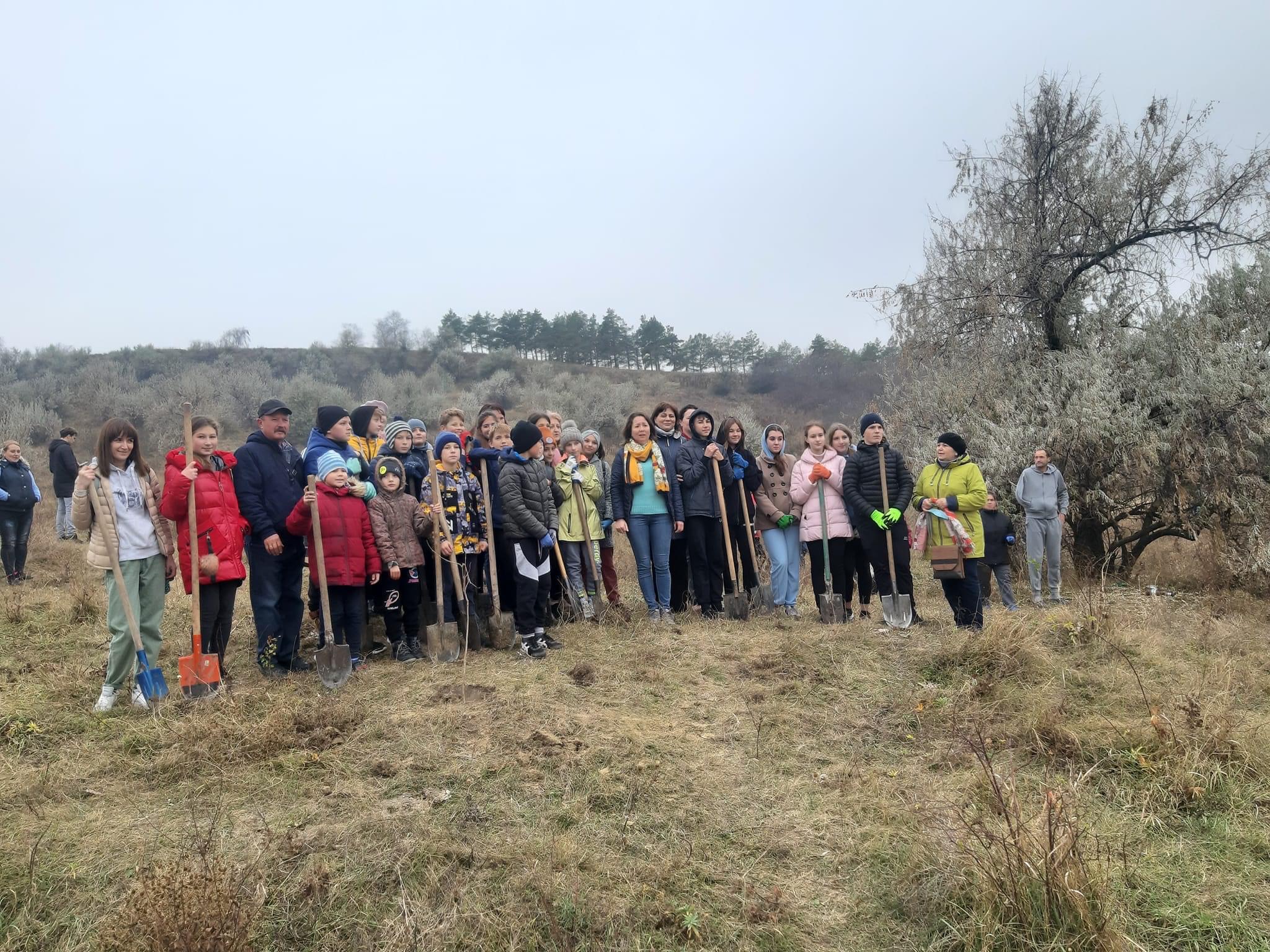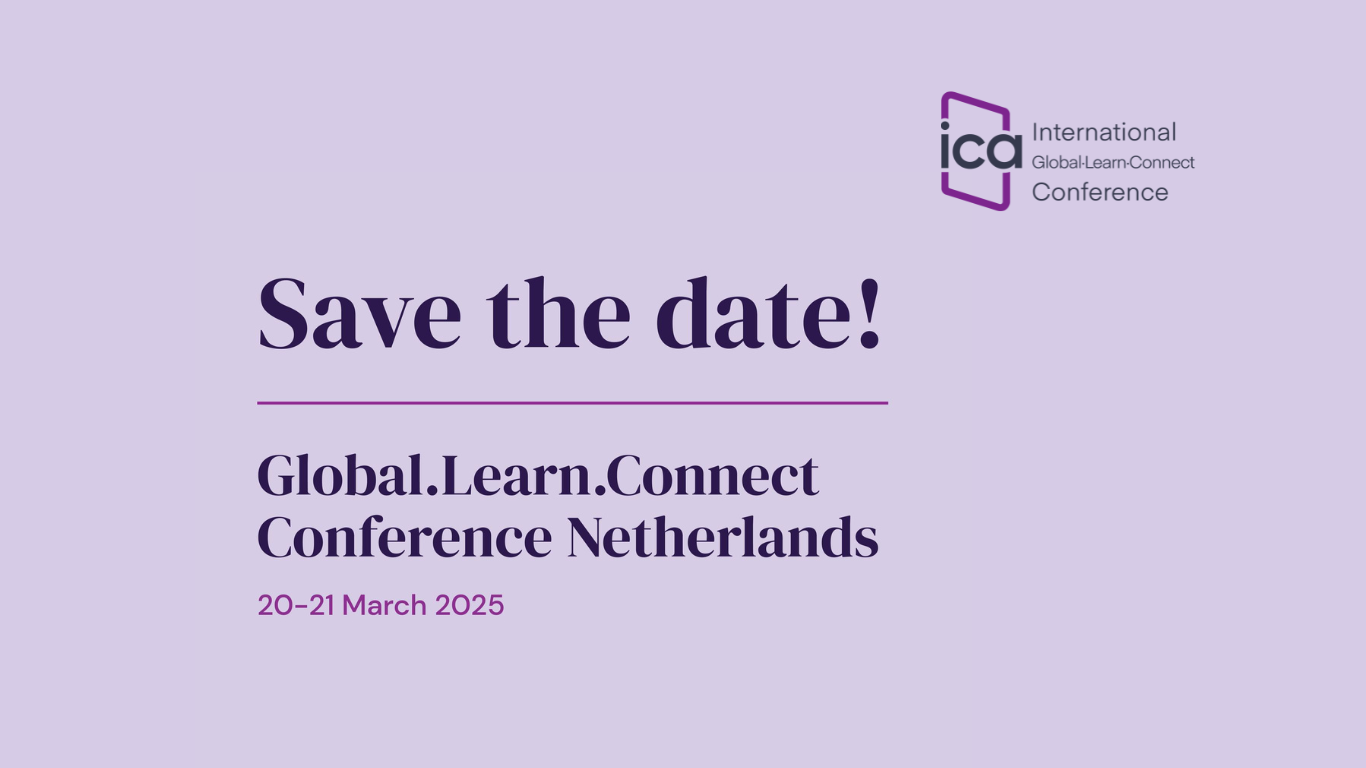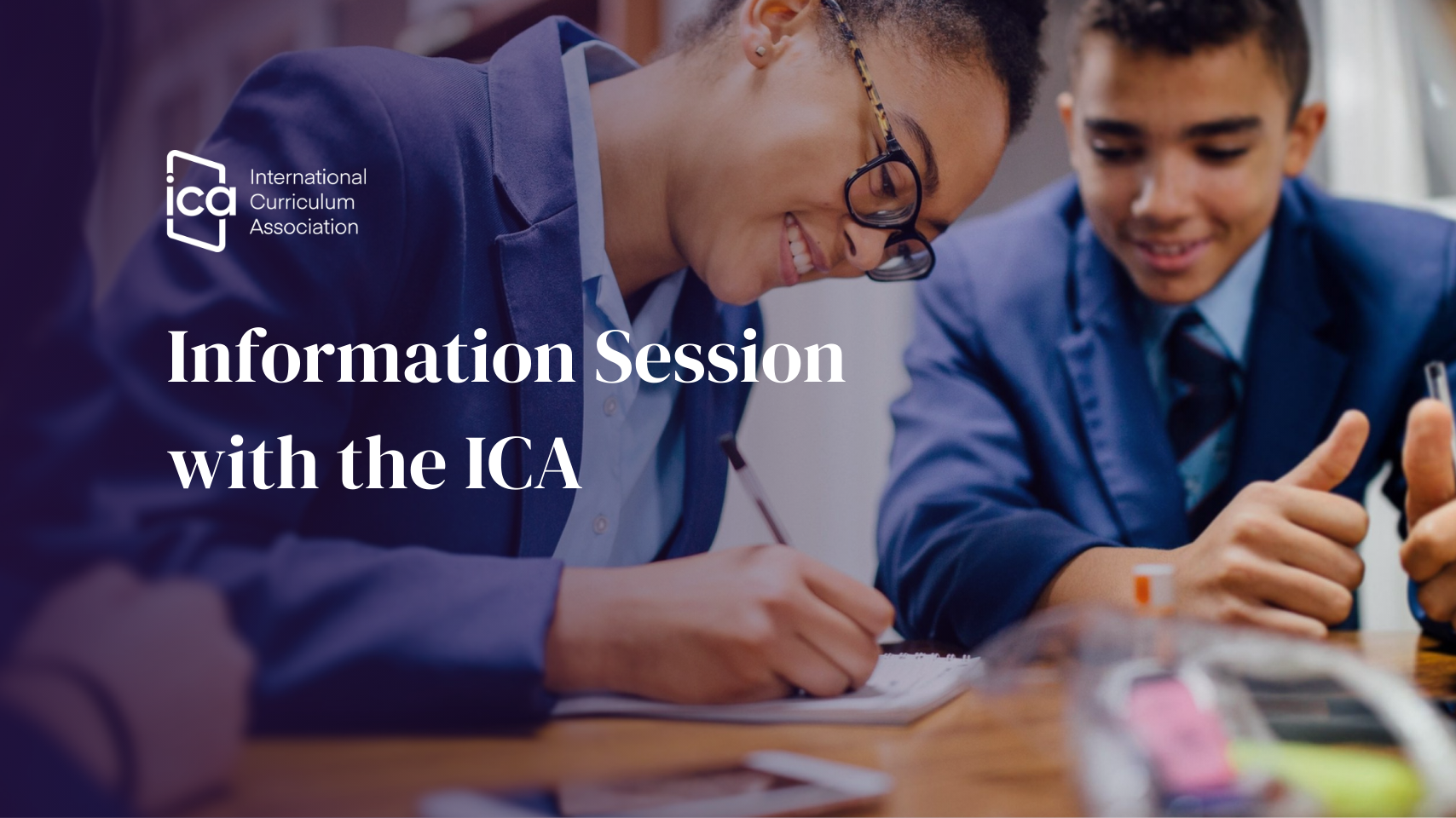Developing creative learning skills
As teachers we help students understand the world in which they live, grow, and develop as personalities. We cannot detach kids from what is happening around us and them, just because they are too young, as these are issues that they will also one day face. We must teach children to be aware that what happens to the climate is a common problem of all mankind, regardless of age, nationality, religion, etc.
At Heritage International School, we began implementing the International Primary Curriculum (IPC) five years ago, right from the moment it first opened its doors to students. It was something new for the Republic of Moldova, as we are the first and until now the only one, that integrates this curriculum that comes to help students develop learning skills in an interactive, creative, and comprehensive way.
If we look at the units in the curriculum that Fieldwork Education offers us, we realise that many of them address the issue of global warming, climate change, deforestation, melting glaciers, and all those issues that are now so current and require the involvement of all of us.
Bringing the Climate Action Project and IPC together
Last year we saw a presentation on the Climate Action Project, and we realised that it fits like a glove, as we had already done so much research in this area and we know a lot about the stringent problem of climate change, plus we could participate with other schools from more than 140 countries – an impressive number. This also confirms that this is a global problem, we must all come together to solve and there is no country in the world that is not affected by the effects of climate change.
The learning objectives of the IPC and those of the Climate Action Project are very similar and aim at the same purpose: to raise awareness of the global problem, bring into school’s real-life situations and make students identify solutions. Therefore, there was no difficulty in integrating the proposed activities during the project into our classes.
The students found identifying the causes and effects of climate change much more interesting, and this meant it created higher impact on their awareness, because they were getting acquainted with the answers given by children from all around the world. They were able to see that the opinions, definitions, effects, and solutions are similar, and they complement each other no matter where you are from.
Interacting on a global scale with other schools
The students had the opportunity to discuss with their peers from Romania and India. They shared impressions, asked questions, drew conclusions, and tried to identify common solutions. What surprised me was that they really understood the gravity of the problem and that we humans, from youngest to oldest, are responsible for what is happening in the world related to climate change.
Participating in live events and listening to prominent personalities such as HRH Prince William and HRH Princess Esmeralda, helped them comprehend that climate change is everyone's problem and only together there can be identified small steps that will bring major positive changes.
Consequently, by implementing the IPC and participating in such projects, we educate people who become aware and responsible people. From an early age, they begin understanding that they can do something to change because they are the change, we live in the same world, we are the people of the world.


.png)
